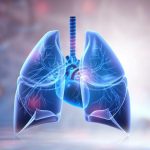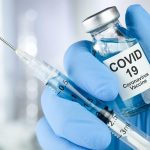
Millions of adults spend too much time at a desk or in front of a screen, and experts have long advised them to sit less, move more. But if lower blood pressure, lower blood sugar and a mood boost are the goals, what’s the bare minimum of movement that will get the job done? Apparently just five minutes of walking every 30 minutes. That’s the finding of a small, new study that compared the benefits of five exercise “snacks” — small bursts of exercise spread out during the day. “We’ve found in our past research that, on average, adults in the U.S. spend over three-quarters of their day sedentary, or about 11 to 12 hours a day,” said study co-author Keith Diaz. He directs Columbia University’s Exercise Testing Laboratory at the Center for Behavioral Cardiovascular Health, in New York City. “Previous research has shown that people who sit for hours on end develop chronic diseases — including diabetes, heart disease, dementia and several types of cancer — at much higher rates than people who move throughout their day,” Diaz said. They also face a higher risk of early death. The bottom line: “If you have a job or lifestyle where you have to sit for prolonged periods, we suggest taking a five-minute walking break every half-hour. This one behavior change could reduce your health risks… read on > read on >


















